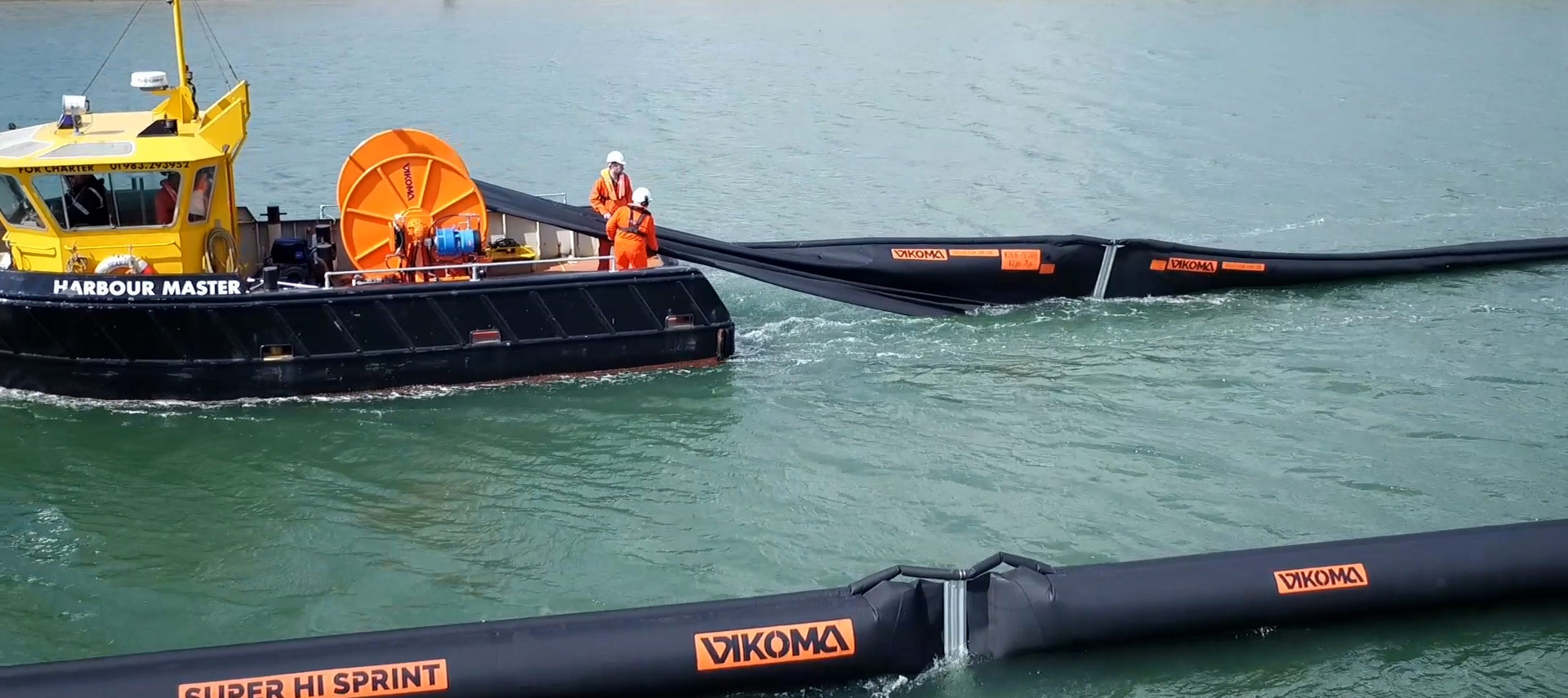
World Oceans Day 2023
Planet Ocean: Tides are Changing
Each year on 8 June the United Nations celebrates World Oceans Day to raise global awareness of the benefits humankind derives from the ocean and our individual and collective duty to use its resources sustainably for future generations. This year (2023) the focus is Planet Ocean: Tides are Changing, shedding light on how we can work together to ensure the ocean’s health and well-being1.
The ocean is the foundation of all life and covers 70% of the Earth’s surface. It provides 15% of the protein we eat, is home to countless species and is our biggest carbon-sink absorbing 25% of all carbon emissions2. However, despite its benefits and irrefutable importance, oceans face unprecedented threats because of human activity. Between 2009 and 2018, the world lost 14% of coral reefs due to ocean acidification; more than a third of global fish stocks were overfished in 2019 and in 2021, more than 17 million metric tons of plastic entered the world’s ocean3.
But the ‘tides are changing’. Amid the barrage of negative stories about the ocean’s threats, there are positive developments in ocean conservation and signs of hope. A holistic approach is being taken with people from all levels collaborating and innovating for change. Over the past two years, conserving our oceans has rapidly risen to the top of the international agenda. Governments are working in partnership to create international agreements and conventions that promote marine conservation and encourage sustainable practices. 2022 saw historic agreements and 2023 has been no different.
This is the decade for change; a holistic approach must be applied to encourage ownership and cooperation at all levels. By taking action to protect marine life, governments and businesses can ensure that future generations will be able to enjoy the benefits of a healthy and vibrant ocean ecosystem.Lauren Hyatt Senior Consultant
A decade of hope and partnership
In February 2022, at the UN Environment Assembly, a historic resolution was adopted to develop an international legally binding instrument on plastic pollution, including the marine environment, with the ambition to complete negotiations by the end of 20244. The resolution will address the full lifecycle of plastics from upstream (production), midstream (design) and downstream (waste management) in addition to binding and voluntary approaches, national targets and national action plans. At the time of adoption, the agreement was likened to being the next ‘Paris Agreement for Nature’ but since then, a new and more ambitious framework has taken the spotlight.
In December 2022, the Kunming Montreal Global Biodiversity framework was adopted during the fifteenth Conference of the Parties (COP15)5. The framework is arguably one of the most important multilateral agreements since the Paris Agreement. This historic framework sets out an ambitious pathway to reach the global vision of a world living in harmony with nature by 2050. A notable target is known colloquially as 30×30, which calls for 30% of the world’s terrestrial, inland water and coastal marine areas to be protected and effectively managed by 2030. What is particularly exciting is the collaboration between governments to achieve the 30×30 target.
In March 2023, UN member states agreed to the High Seas Treaty to ensure the protection and sustainable use of marine biodiversity in areas beyond national jurisdiction6. For the first time, the high seas will no longer be a free-for-all global common but an effectively governed and conserved ocean space. The high seas treaty contributes massively to the 30×30 target and is a massive win for our oceans.
Industries are also joining forces, creating innovative technologies and funding conservation programmes to save the oceans from existing and future threats. A notable example is Vikoma – a world leader with over 50 years of experience designing and manufacturing reliable and innovative oil recovery and environmental solutions.
“Vikoma has developed a world leading range of equipment to stop oil spills spreading and to recover the oil. If there is a spill at sea, the primary focus is to contain the oil and stop it reaching the beaches. This enables the spill to be recovered quickly with minimal damage to marine and wildlife. Vikoma’s newest containment boom, Super Hi Sprint, has been developed for exceptionally quick deployment and recovery reducing the requirement for support vessels which reduces carbon footprint and impact on the oceans. Vikoma offers a range of skimmers capable of collecting light to heavy oils. The Komara oleophilic skimmer quickly and efficiently recovers oil from large and small oil spills and has a 98% oil content in the liquid recovered. The oil can then be recycled. If oil does reach the beaches Vikoma has a range of equipment to minimise the impact and allow for quick and effective clean up. Research is now underway, applying the knowledge of oil spill clean up to the newer problem of plastics pollution in our oceans.”
Karen Lucas, Managing Director, Vikoma
Our responsibility to future generations
We are poignantly aware of our dependency on the oceans, and it is not hard to picture what life could be like if we were to carry on business as usual. Over the past few years, it has been clear that conserving our oceans is rising to the top of the agenda and it is important to maintain momentum to ensure the health and wellbeing of the oceans is restored. This is the decade for change; a holistic approach must be applied to encourage ownership and cooperation at all levels. By taking action to protect marine life, governments and businesses can ensure that future generations will be able to enjoy the benefits of a healthy and vibrant ocean ecosystem.
Author: Lauren Hyatt, Senior Consultant, Simply Sustainable
1. unworldoceansday.org
2. un.org/en/desa/5-reasons-you-should-care-about-our-ocean
3. un.org/sustainabledevelopment/oceans
4. wedocs.unep.org
5. cbd.int
6. reuters.com

